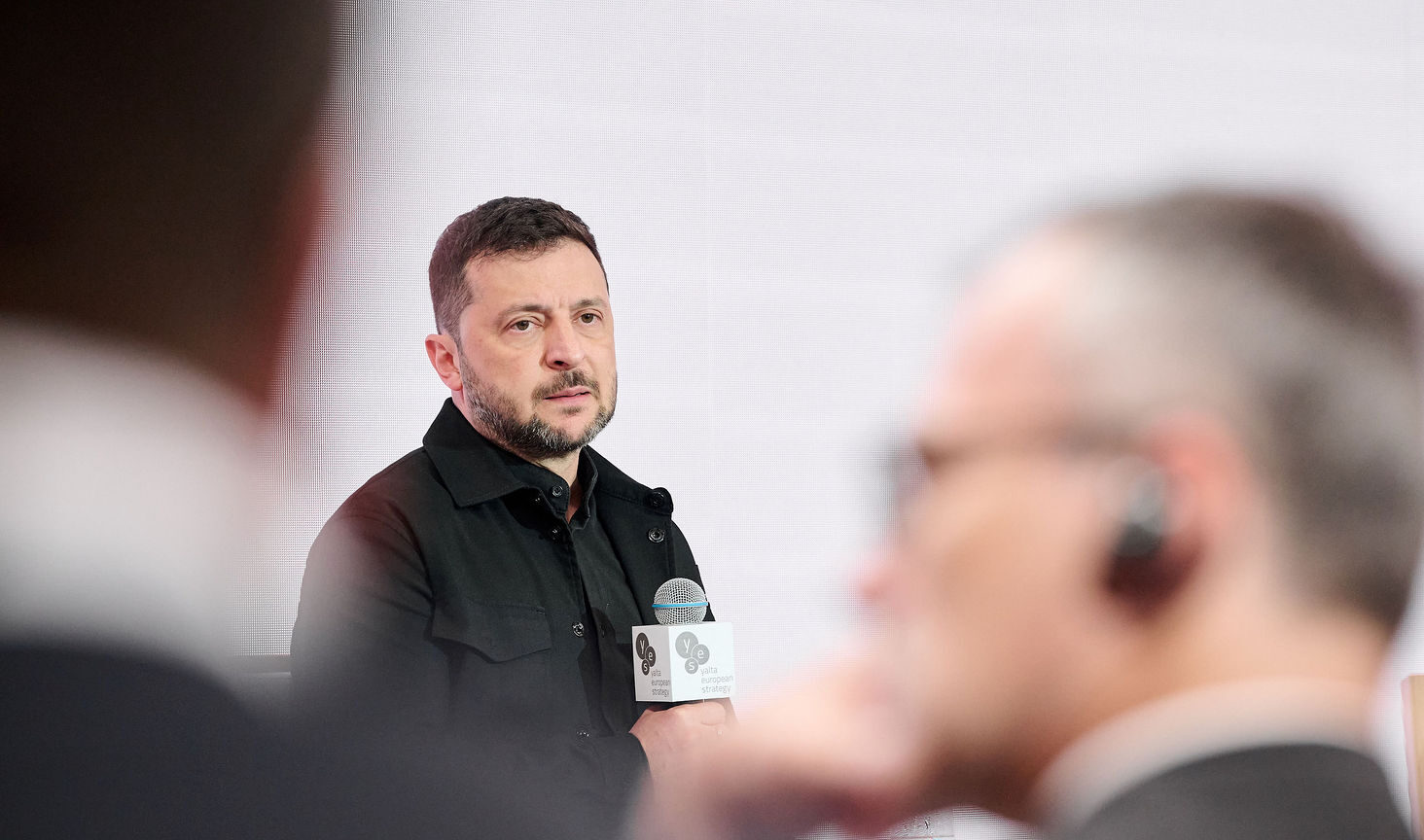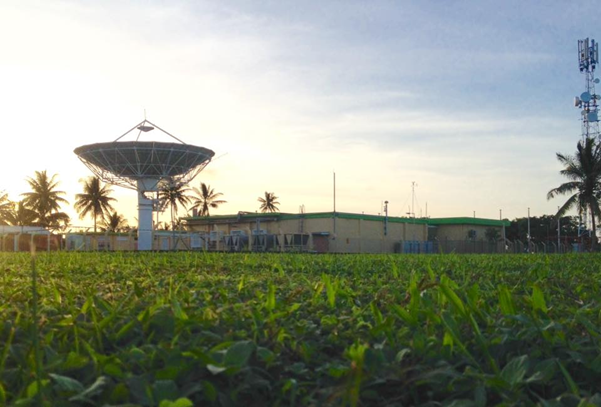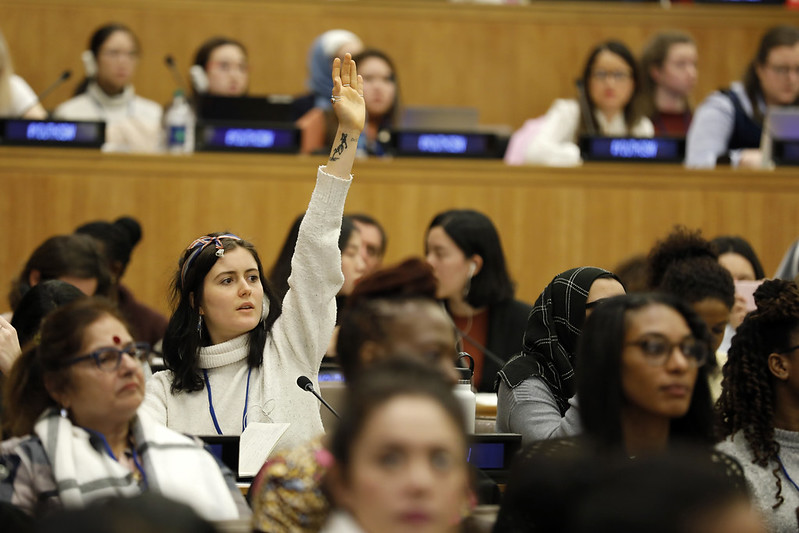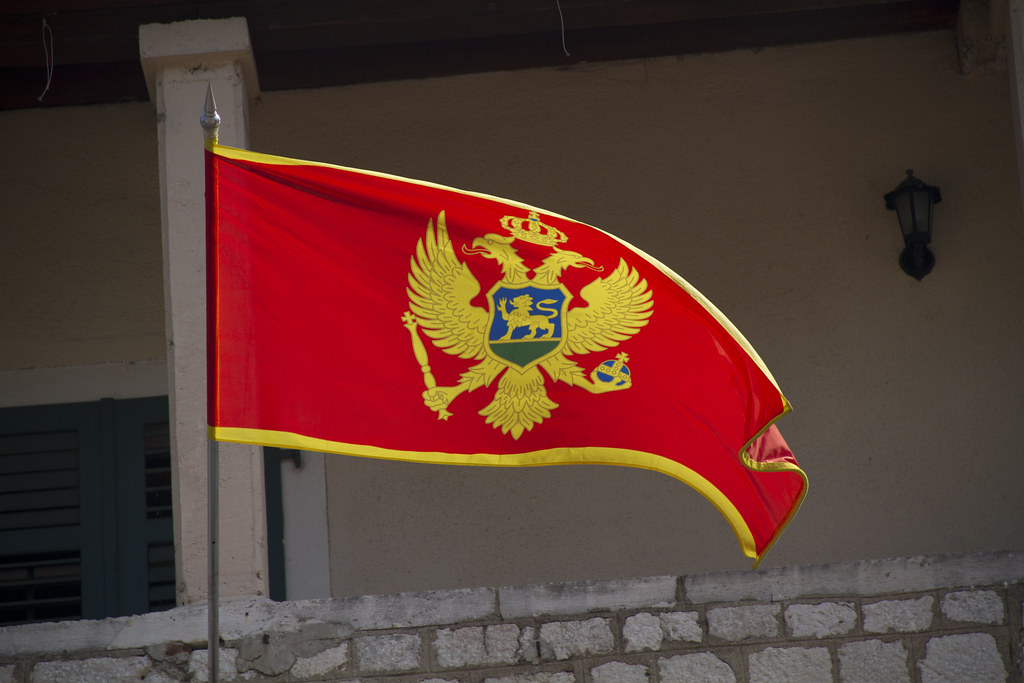A European recalibration is taking place as Washington wavers on Ukraine. The resentment palpable at a recent conference in Kyiv, where Europeans discussed their own approaches to ending the conflict, shows that the United States is losing credibility on the continent.
When the air raid alert sounded, I was on the Maidan, the square where mass movements helped to shape so much of Ukraine’s recent history. As I briskly walked up to the relative safety of my hotel, locals lingered over lunches, families with children strolled the streets, and a tour guide raised his voice to compete with the sirens. Such is the banality of war in Kyiv, a city that just three and a half years ago fended off a direct Russian ground assault.
That weekend, complacency seemed almost justified. Despite Russia launching relentless drone attacks on Ukraine’s cities and slamming an Iskander cruise missile into the Cabinet Building just off the Maidan days earlier, central Kyiv was now one of the safest places in the country. With foreign dignitaries in town for the annual Yalta European Strategy (YES) Conference, Vladimir Putin was unlikely to launch a major strike on the capital.
At the conference, President Volodymyr Zelenskyy captured the moment with a joke: the presence of US Special Presidential Envoy for Ukraine Keith Kellogg was the best air defence America could provide. If only, he added, Kellogg could visit every Ukrainian city.
Washington’s Waning Credibility
Although Kellogg’s presence reassured, his words disappointed. Asked about Russian drones downed in Poland two nights before, he admitted he was not across the situation. His boss fared no better. Addressing the conference by video the next morning, Donald Trump blamed the war on Joe Biden and praised his own negotiations with Putin in Alaska—talks that had achieved nothing.
Conference goers politely applauded Trump’s speech but in private condemned the performance. Some even speculated as to whether the organisers had paid for the questionable value of Trump’s remarks. Delegates on the sidelines, including European parliamentarians, ministers, and former national leaders, complained that the United States was now utterly unreliable.
Collapsing European faith in Washington comes as Ukrainian commanders highlight the need for financial support. Ukraine has distinct advantages in innovation, particularly in drone technology, with the Russian military industrial complex stifled by Moscow’s autocratic leadership. But Moscow can copy Ukrainian kit and scale production in ways Ukraine cannot, simply because Kyiv lacks resources.
Will Europe Step In?
With further American aid in doubt, Europeans are searching for solutions. Hardline voices support seizing the US $300 billion in frozen Russian state assets, much of it held in Belgian banks, to fund Ukraine’s war effort. But Berlin, Brussels and others warn that outright confiscation would undermine confidence in global financial systems.
Enter Hugo Dixon, the British analyst whose proposal to repackage the frozen assets as loans to Ukraine was widely discussed at the conference and referenced by European Commission President Ursula von der Leyen in her recent “State of the Union” speech. Under his plan, Ukraine would repay every cent—with interest—but only if Russia pays any reparations a newly convened United Nations tribunal might order.
This mechanism would strengthen Ukraine while giving Russia further financial incentive to end the war. Crucially, it attempts to avoid the charge of confiscation that troubles European finance ministers and bypasses the need for Washington’s support. Only about US $5 billion of frozen Russian assets are in the United States.
Such a mechanism would also enhance the otherwise often questionable relevance of the European Union, whose members sit on about US $210 billion of the assets.
No Easy Peace
Even if Ukraine receives the funds it needs, negotiating an end to the war will be difficult. Zelenskyy has shown a certain degree of pragmatism of late by acknowledging that the Russian and Ukrainian forces have fought themselves to a standstill.
However, he may be up against domestic resistance if he entertains land swaps—as Trump has canvassed in his recent musings. One of the most impactful presentations at YES was delivered by Oksana Rubaniak, a Ukraine Military Commander. In her matter-of-fact demeanour, Rubaniak explained that after the death of her comrades in the field—including her boyfriend—she would “never agree to giving up Ukraine’s territory.”
While acknowledging questions of diplomacy were not the domain of the professional soldier, such a move, Rubaniak said, would “be tantamount to betrayal.”
Elusive Assurances
Negotiation seems unlikely anyway. Putin’s implausible invitation to Zelenskyy to attend talks in Moscow and his toying with Trump in Alaska before launching his sustained assault on Ukrainian cities show that a negotiated peace is not within his view.
Indeed, some, such as Polish Foreign Minister Radosław Sikorski, are sceptical of the language of “security guarantees” precisely because it assumes a negotiated end to Russian aggression. Sikorski’s scepticism is informed by history: when Germans and Russians poured over the borders of his country at the start of World War II, security guarantees did not initially count for much. Nor did similar assurances Kyiv extracted from Washington, London, and Moscow after the fall of the Soviet Union.
The notion that Putin would agree to proposed guarantees, such as the presence of a foreign “coalition of the willing”—international peacekeeping forces, potentially including Australians, stationed in unoccupied Ukrainian territories to deter further Russian aggression—is also far-fetched. As former UK Prime Minister Boris Johnson and others asserted, the international community should therefore deploy those troops anyway, independent of Russian consent.
As many argued, however, the ultimate security guarantee is simply to ensure a Ukraine that is capable of denying through strength any further Russian war goals. Giving in to Russia on Ukraine’s disarmament, indeed, entering into negotiations that only allow Putin to stall for time, as Trump has done, is a recipe for future Russian aggression.
Stable Genius?
There are those who will argue, of course, that Trump’s erratic diplomacy is a product of his “stable genius.” That promoting uncertainty about America’s commitment was the only way to get Europeans to take their responsibilities to NATO seriously.
However, with the war grinding on in Ukraine, European NATO leaders were arguably shifting their positions on their own. Trump’s intransigence will likely mean Washington will be a less influential force in Europe for decades to come. In the immediate future, it will unfortunately mean that Russia will continue to hammer Ukrainian cities without much fear of reprisal.
Indeed, only one air raid warning sounded during the conference. But no sooner than the main group of foreign delegates crossed the border back into Poland, sirens erupted from our mobile phones, still set to inform us of the situation in Kyiv. Warnings have sounded several times per day since. It seems Putin does care who is in town.
Dr Bryce Wakefield is the CEO of the Australian Institute of International Affairs and a Visiting Fellow at the Australian National University. He has lived, worked and researched in the United States, Japan, Europe and New Zealand. He trained as a political scientist with particular expertise in International Relations and the international affairs of East Asia.
This article is published under a Creative Commons license and may be republished with attribution.
Photo credit: VictorPinchukFoundation©2025. Photographers: Nicolas Lobet, Valentyna Rostovikova, Frederic Garrido-Ramirez (PRYZM).





